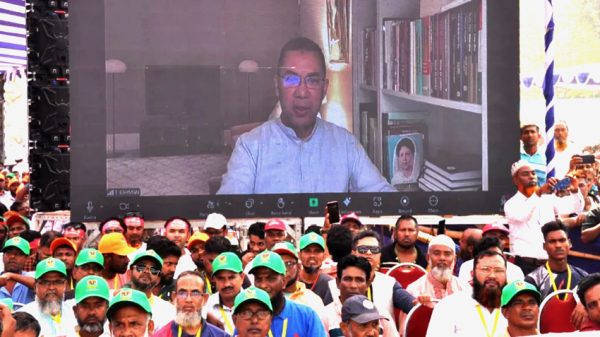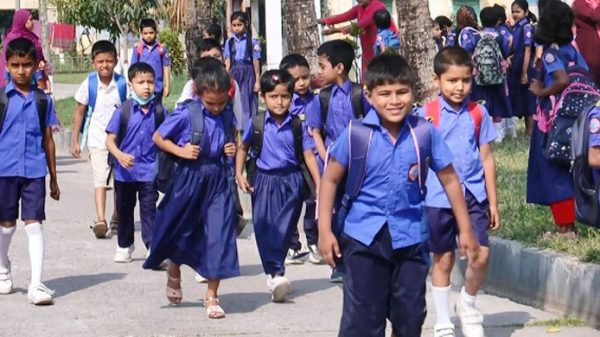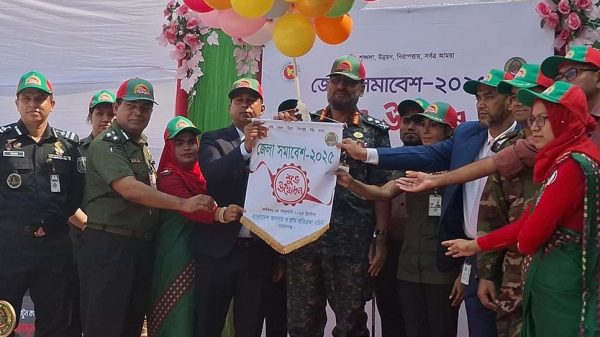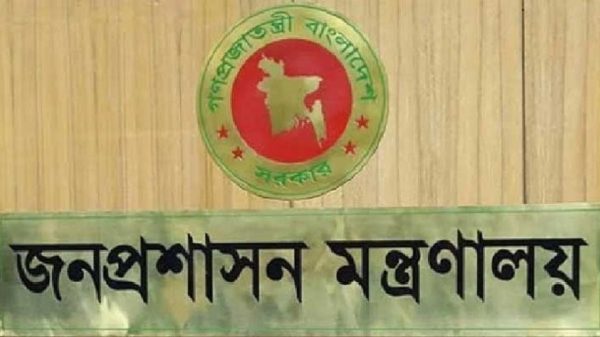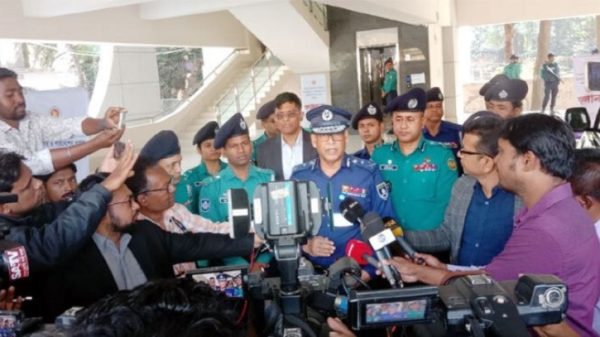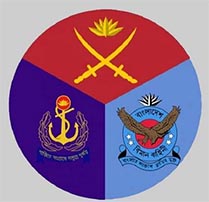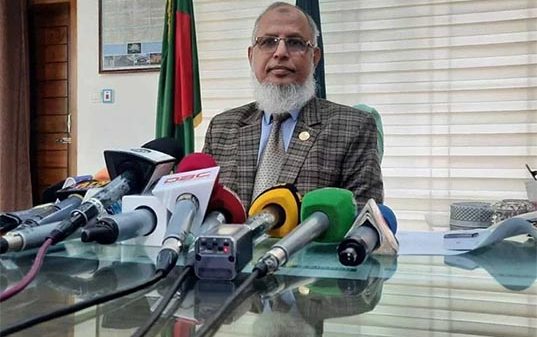Bangabandhu Satellite-2 allegedly against national interests

- Update Time : Saturday, 21 December, 2024, 02:30 pm
- 67 Time View
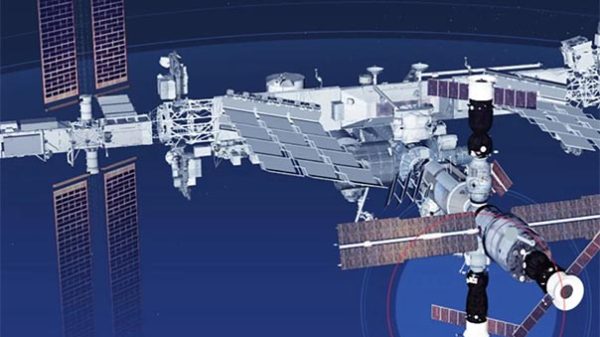
Online Desk : Following the success of Bangabandhu Satellite-1, plans for a second satellite, Bangabandhu Satellite-2, have been mired in controversy, raising questions about financial transparency and national priorities. Initiated under the previous Awami League government, the project now faces allegations of irregularities and remains in limbo. Bangladesh Satellite Company Limited (BSCL) has held several meetings on the project, updating Nahid Islam, Advisor to the Ministry of Posts, Telecommunications, and Information Technology. Officials indicate that no final decision has been made, and the matter will likely be addressed by the next government.
Concerns have been raised over the agreement, initially being negotiated with Russia, which included unconventional financial terms. Reports suggest that the proposed loan arrangement featured an interest rate exceeding 5%, significantly higher than the usual 1.5% for soft loans. These terms have drawn criticism, fueling suspicions about the motivations and decision-making processes behind the deal. Investigations are ongoing to identify those responsible.
The project’s naming has also sparked debate. With Bangabandhu Satellite-1 already in operation, critics question the necessity of using the same banner. BSCL’s Managing Director (Additional Duties), Md. Zahirul Islam, confirmed to Bangladesh Pratidin that discussions are underway about potential partnerships with either Russia or France, with financial terms remaining a critical factor. Logistical and political considerations have added complexity to the project. The current government appears inclined to leave the decision to the next administration, as political alignment often influences long-term initiatives like this, especially when significant loans are involved.
In February 2022, a memorandum of cooperation was signed with Russia’s Glavkosmos to develop and launch Bangabandhu Satellite-2, an Earth observatory satellite estimated to cost Tk 4,000 crore. With a proposed operational lifespan of 18 years, the satellite would orbit at an altitude of 300-400 kilometers, eliminating the need for an orbital slot. However, the Russia-Ukraine war disrupted the timeline, delaying the satellite’s launch, initially planned for 2023.
Meanwhile, Bangabandhu Satellite-1, launched in 2018 at a cost of Tk 2,765 crore, continues to provide TV broadcasting and Direct-to-Home (DTH) services. As investigations and reviews proceed, the future of Bangabandhu Satellite-2 remains uncertain. The controversy underscores broader concerns about governance, fiscal responsibility, and the alignment of national projects with public interest. Translated by Jisan Al Jubair

